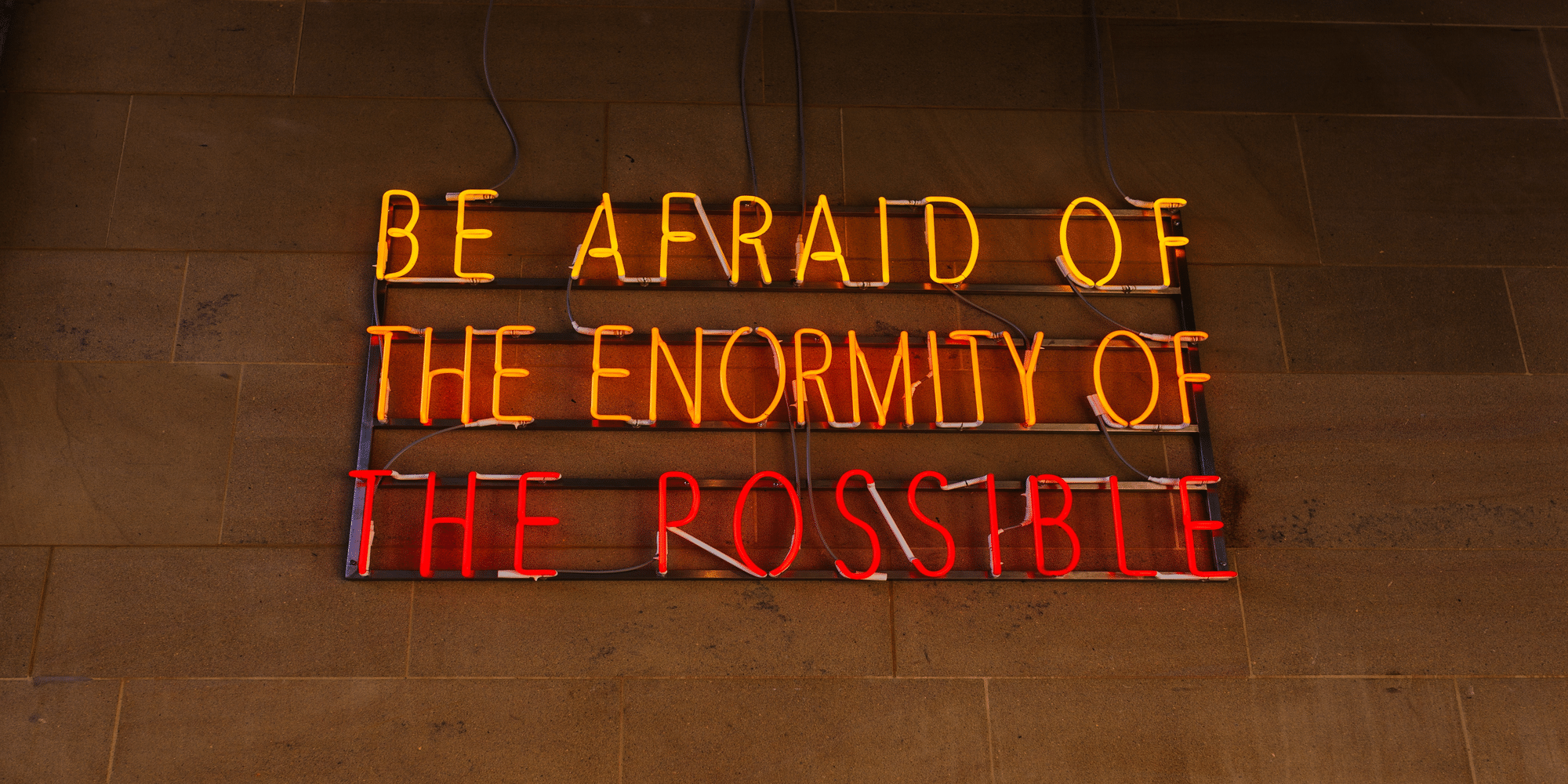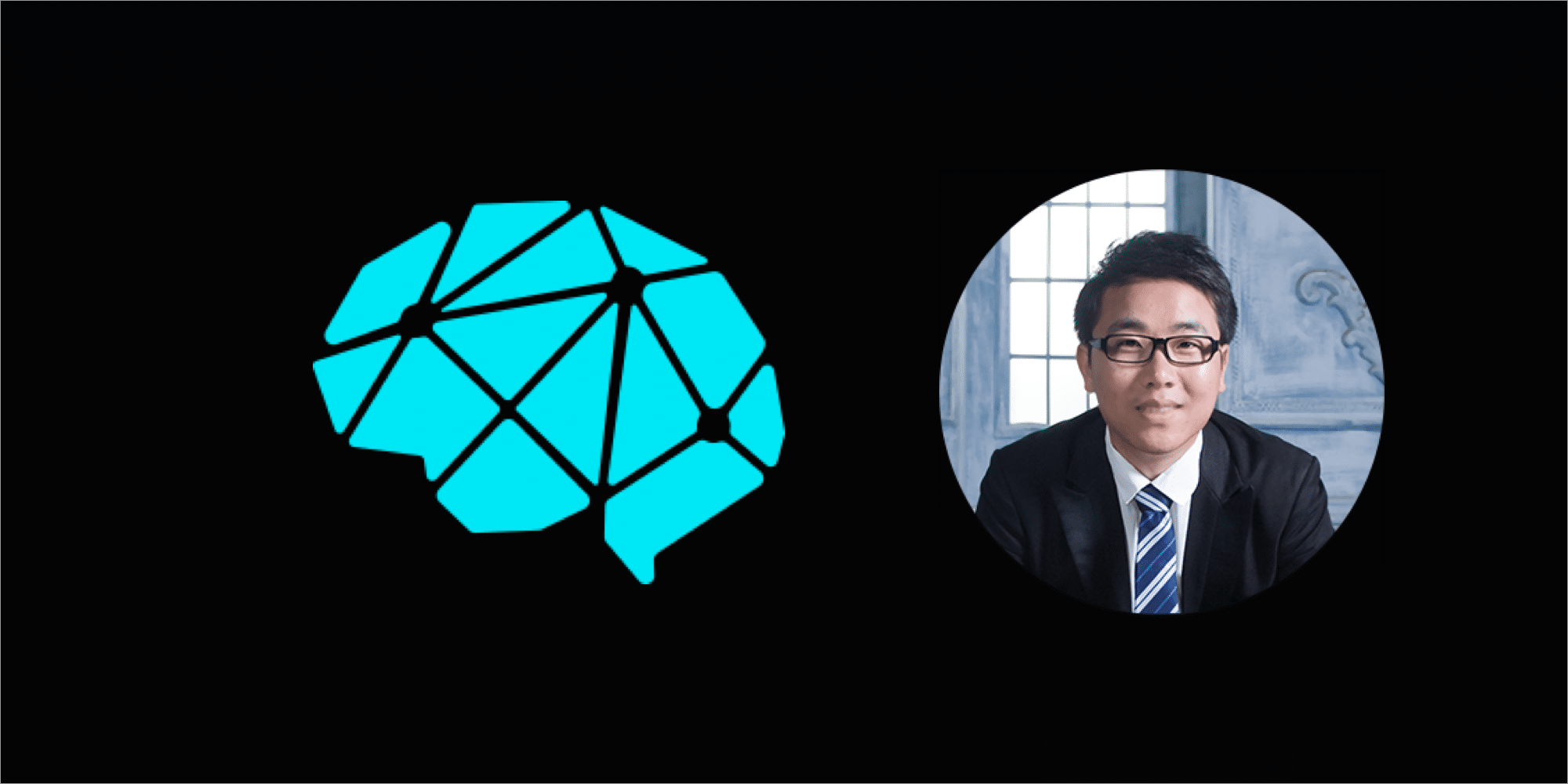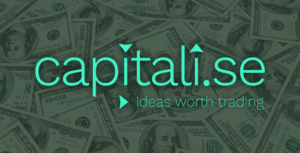- Artificial Intelligence (AI)
- Blockchain
- When AI and Blockchain Work Together
- Some Everyday Examples
- The Takeaway
If you’re a tiny bit freaked out by the enormous potential of AI and blockchain, you’re not the only one. When Dolly the sheep was cloned in the 90s, a pertinent question arose. Just because we can, does it mean we should?
Just because AI and blockchain technologies combined may stop crimes before they happen, replace human jobs with robots, and assign every “thing” in the stratosphere an identity–does it mean they should?
Are AI and blockchain combined super cool or a little creepy? Let’s take a closer look.
Artificial Intelligence (AI)
AI and blockchain and are obviously two very different foundational technologies. AI uses machine learning to analyze complex data models, identify patterns, and recreate them, eventually mimicking the actions of a human being. Sophia the robot? Right. And yes… a little creepy.
Hanson Robotics may have treated the world to a dose of AI at its very best. But not everything that involves AI is as visually stunning, unfathomably expensive (or mentally disturbing) as Sophia.
So, if you’re worried about robots wiping out the human race, you can probably relax for now. You have to admit, as creepy as the spontaneous jokes and flawless facial expressions were, they were also pretty cool:
AI isn’t all about making robots come to life either. In fact, we’re constantly using AI in daily applications, perhaps without even realizing. Think LinkedIn and its predictive text chat, Siri or Alexa, for slightly more subtle examples of AI without the paparazzi.
Blockchain
Without diving too deeply into the particularities of blockchain (you can read more about it here if you want to), its main characteristics are decentralization, transparency, immutability, and ability to govern autonomously with smart contracts.
Through blockchain technology, we can send funds from one country to another without worrying about conversion fees in next to no time. We can speculate on the future price of Bitcoin, track items in the supply chain, store public records securely, eradicate poverty, wipe out corruption, trade energy credits, give power back to musicians, and hundreds of other extremely cool things.
But blockchain has a few characteristics that can give the hibigeebies as well. Smart governance can be hard to get your head around, the idea that code is law, and that at some point in the future, it’s likely that IoT technology and blockchain will create autonomous things with no living person behind them.
“What happens when something goes bad? Who is responsible?” asked Malta’s Steve Tendon in his interview with us. “These questions need new laws to be addressed.”
When AI and Blockchain Work Together
There are several ways in which AI and blockchain can work together, to help each other reach their full potential. For example, we’re still a long way off smart governance while issues exist with smart contracts. Namely that they’re only as good as the developer who programmed them and they cannot leave room for good faith or human interpretation. Perhaps through machine learning and AI, smart contracts can reach their full potential and autonomous societies can exist.

The decentralized nature of blockchain technology also means that AI computing power can be spread over nodes to drive down the cost and make it more accessible to all.
But, perhaps the main common thread between AI and blockchain is actually data. Sophia said in her speech, “think of me a smart input-output system.” Good AI is only as good as the data fed into it. This is where teaming the two technologies can get really useful (and really cool, as well).
Rather than an army of Sophias being poorly programmed and driverless cars crashing into pedestrians, blockchain can ensure that the data given machines is high-quality. And verified through its cryptography and immutability.
Since AI depends on meaningful data, blockchain could soon be a huge enabler to allow machines to learn faster and more efficiently. Not just Sophia, but financial transactions, smart contracts, predictive text, and more.
Some Everyday Examples
Intelligent Trading Foundation and AiX are examples of trading platforms that use AI and blockchain together. Making use of deep recurrent neural networks to make predictions on price movements of cryptocurrencies. By harnessing the latest AI tech, they can figure out whether the price of cryptocurrencies will go up or down. By using AI for intelligence and blockchain for trading, these platforms can provide the latest in technology on a secure platform.
DeepBrain Chain is an AI computing platform powered by blockchain technology to integrate computing resources that are currently scattered all over the world. Seeing a pattern? DATA.

In the energy industry, companies like Electrify are using blockchain to support AI and improve the efficiency of their network operations, reducing energy bills by as much as 25 percent. Blockchain can ensure the security and privacy of the data they process using AI and also provide enough data to make rigorous AI possible.
In finance, AI and blockchain work together to improve efficiencies as well. AI can automate the repetitive tasks and blockchain can secure the data. And the list of cool (and creepy) projects goes on.
The Takeaway
We may not have a Bladerunner situation on our hands or a Minority Report in which we find ourselves massacred by robots or slammed behind bars before committing a crime. But still, there is something a little ominous about a robot that looks like a human saying, “you be nice to me and I’ll be nice to you.”
[thrive_leads id=’5219′]
Never Miss Another Opportunity! Get hand selected news & info from our Crypto Experts so you can make educated, informed decisions that directly affect your crypto profits. Subscribe to CoinCentral free newsletter now.










